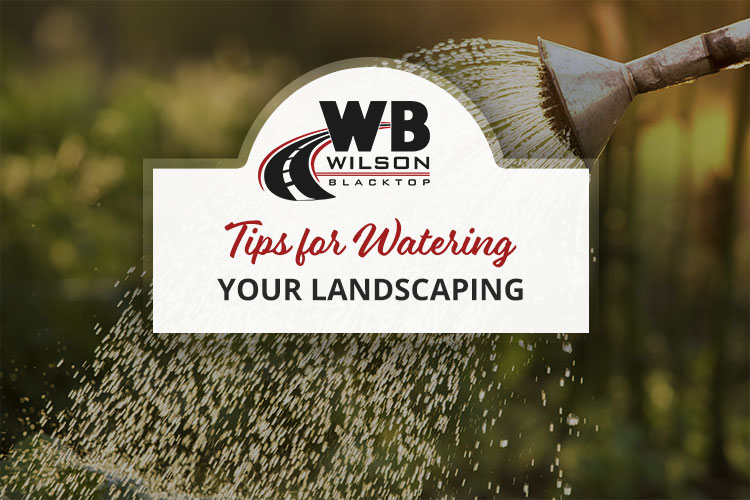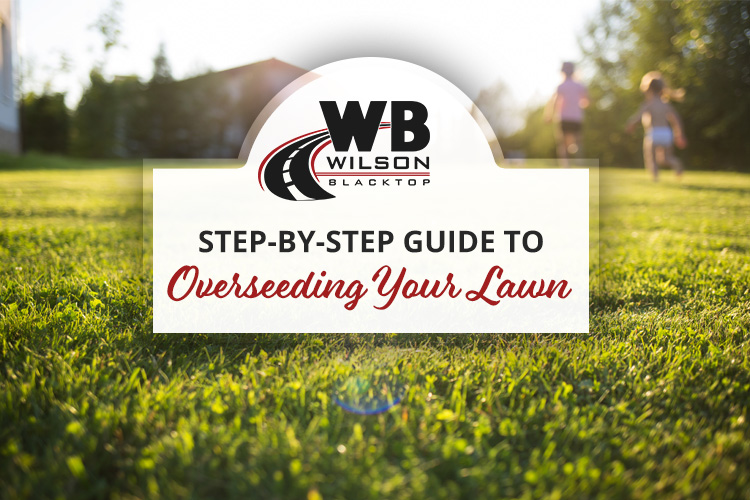
Step-by-Step Guide to Overseeding Your Lawn
Hey there, lawn lovers! Are you tired of those pesky bare spots and thinning grass making your yard look a little sad? Don’t worry; we’ve got you covered. Overseeding your lawn is the secret weapon to turn your yard into the lush, green paradise you’ve always dreamed of. Here’s a step-by-step guide to overseeding your lawn.
1. Choose the Right Time to Overseed Your Lawn
Timing is everything! The best time to overseed your lawn in the Ohio Valley area is during the early fall. The soil is still warm, which helps seed germination, and the cooler temperatures and autumn rains provide an ideal environment for new grass to grow.
2. Prep the Soil Before Overseeding Your Lawn
Your lawn’s new grass needs a good start, so let’s prep that soil!
Mow Low: Start by mowing your lawn shorter than usual. This helps the new seeds make contact with the soil.
Rake: Remove any debris, dead grass, or thatch. A good raking will expose the soil and give your seeds a better chance to take root.
Topdress: Add a thin layer of topsoil to your lawn. This gives the new seeds a nutrient-rich bed to grow in. Wilson Blacktop has top-quality topsoil perfect for the job!
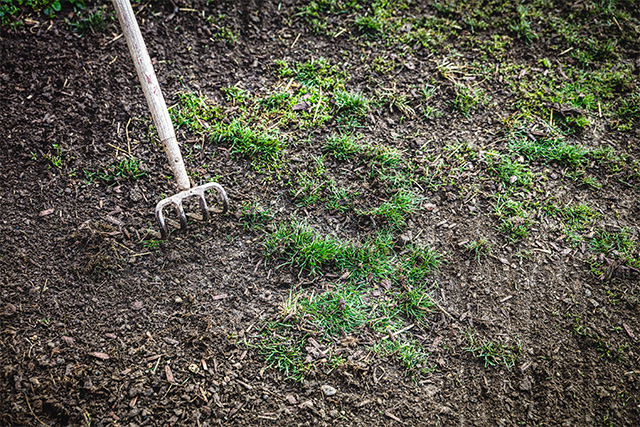
3. Choosing the Right Seed for Overseeding Your Lawn
Pick a grass seed that matches your current lawn and climate. For Ohio Valley lawns, a mix of Kentucky bluegrass, perennial ryegrass, and fescue usually works great. Make sure to read the label and get high-quality seed for the best results. For readers in other areas, check out this article by Pennington on choosing the right grass seed for your region.
4. How to Spread the Seed When Overseeding Your Lawn
Using a broadcast spreader, evenly distribute the grass seed over your lawn. Pay special attention to the bare and thin spots, but make sure to cover the entire lawn for a uniform look. For those hard-to-reach areas, hand-seeding works just fine.
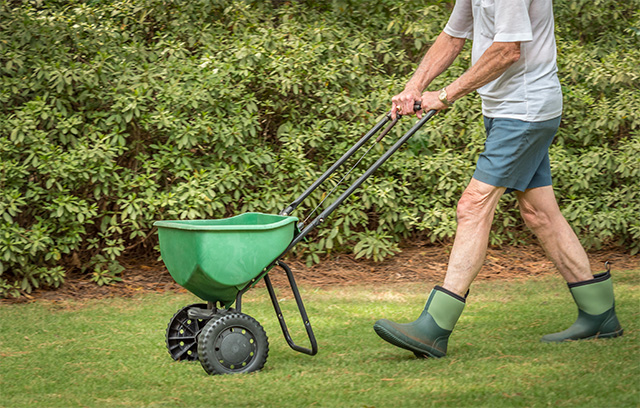
5. Covering the Seed After Overseeding Your Lawn
After spreading the seed, lightly rake the soil to ensure the seeds are covered. This helps protect them from birds and the elements.
Mulch It Up: A thin layer of mulch or straw can help retain moisture and protect the seeds. Wilson Blacktop has a variety of mulches that not only look great but also do wonders for new grass growth.
6. Water, Water, Water After Overseeding Your Lawn
Watering is crucial after overseeding your lawn to ensure the seeds germinate properly. Water lightly but frequently, aiming for at least once a day. After the grass starts to sprout, you can reduce the frequency but increase the depth of watering to encourage deep root growth. For more watering advice, check out our blog Tips for Watering Landscaping.
7. Feeding Your Lawn After Overseeding
About four weeks after overseeding, give your lawn a light feeding with a balanced fertilizer. This gives the new grass the nutrients it needs to continue growing strong.
8. Maintain with Care
As your new grass grows, continue to mow regularly, but avoid cutting it too short. Aim for a height of about 2.5 to 3 inches to keep it healthy and resilient.
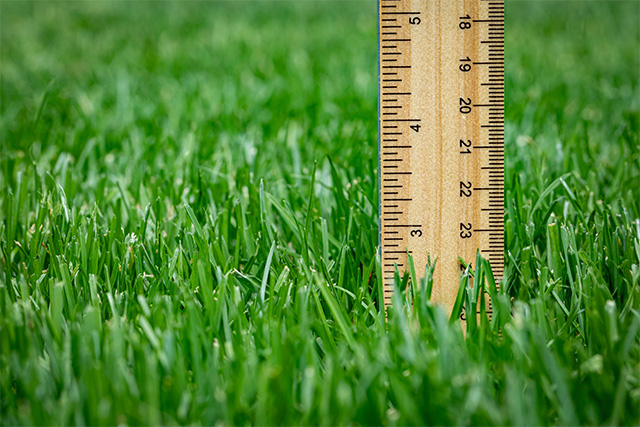
9. Fill in Bare Spots
Even with the best care, you might still see some bare spots. No worries—just reseed those areas and follow the same steps. With time, they’ll blend in perfectly.
Final Touch: Decorative Stones and Gravel Paths
Once your lawn is looking lush and green, consider adding some decorative stone landscaping to highlight your beautiful new grass. A dedicated gravel path will guide foot traffic keeping them off your lawn. Wilson Blacktop has a great selection of decorative stone that can add the perfect finishing touch to your lawn.
There you have it! With a little effort and the right materials, overseeding your lawn can transform it into the envy of the neighborhood. Happy seeding, and here’s to a greener, more beautiful lawn!


